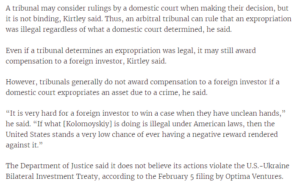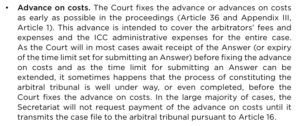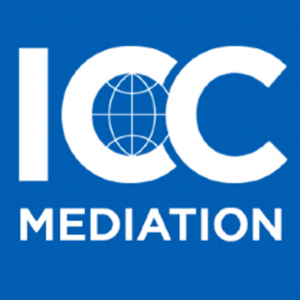There are a variety of legitimate reasons why a party might wish to change lawyers over the course of an international arbitration, which can be a long and expensive procedure. A party may lose confidence in its lawyers: the quality, loyalty and vigor of a party’s representatives can have substantial consequences for the party’s opportunity […]
News
Commodity Arbitrations
Commodity arbitration involving international trade is one the oldest segments of international commercial arbitration, which has become more sophisticated and organized over the years. Commodity markets arose with the increase of trade volume, first in Great Britain in the nineteenth century, especially during the Victorian era, then in the rest of the world. Today, London […]
Overheads and Profit Claims in Construction Arbitration
Claims for lost overheads and profit are common in construction arbitrations involving delay and disruption. When the completion of the Works in question was caused by the Employer’s delay, Contractors often include a claim for lost contribution to head office overheads and the lost opportunity to earn profit (either on the project which is the […]
William Kirtley Interviewed by RadioFreeEurope Regarding Investment Arbitration
William Kirtley of Aceris Law has recently been interviewed by RadioFreeEurope (RFE) regarding an investment arbitration initiated against the United States, discussing the interplay between domestic criminal proceedings and expropriation claims under international treaties. Aceris Law is also in the news for its representation of a claimant in an ICSID arbitration against the State of […]
MFN Clauses in Investment Arbitration
Most-Favoured-Nation Clauses, or MFN Clauses, figure in the vast majority of investment protection treaties. They are intended to ensure “that a host country extends to the covered foreign investor and its investments, as applicable, treatment that is no less favourable than that which it accords to foreign investors of any third country.”[1] By according such […]
Aceris Law Highly Recommended for International Arbitration by Décideurs/Leaders League
While Aceris Law provides legal representation for clients on all continents, in multiple languages, it has again been highly recommended by Décideurs / Leader’s League in the field of international arbitration, for both Switzerland and France. “We have one of the best teams in international arbitration today and since we cap our legal fees from […]
Laws Applicable to an International Arbitration
There are several different laws that are applicable to an international arbitration. Such laws include the law governing the arbitration (Section A), the law applicable to the merits of the dispute (Section B), the law applicable to the arbitration agreement (Section C), the law governing the parties’ capacity to arbitrate (Section D) and the law(s) […]
The Timing of Payment of Arbitration Advances on Costs
The payment of advances on costs in arbitration aims to ensure that an arbitral institution has sufficient funds to cover the payment of arbitrators’ fees and expenses, as well as costs incurred in the administration of arbitral proceedings. The advances on costs paid to arbitral institutions do not include party costs, such as legal fees […]
ICC Mediation
The Mediation Rules of the International Chamber of Commerce (the “ICC Mediation Rules” or the “Rules“) came into force on 1 January 2014 to replace the ICC’s 2001 Amicable Dispute Resolution Rules. The ICC International Center for ADR proposes services including expert appraisal and dispute boards, which can be used separately, successively or concurrently. The […]








